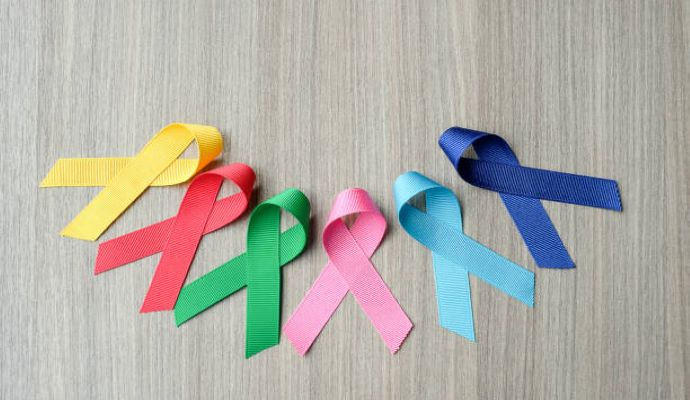Excessive Alcohol Consumption Elevates Cancer Risk
A history of excessive alcohol consumption elevates cancer risk even amongst patients with increased risk as the rate of alcohol consumption increases.

Source: Getty Images
- While some cancers are hereditary or associated with genetics, many cancers are exacerbated by lifestyle. According to the National Cancer Institute (NCI), alcohol consumption increases the risk of cancer development. A recent publication in JAMA Network Open determined that excessive alcohol consumption elevates cancer risk in patients who had increased levels of alcohol consumption.
The CDC’s Cancer Data and Statistics states that, in 2019, 1,752,735 people in the United States were diagnosed with cancer. That same year, there were 599,589 cancer-related deaths.
The risk of mouth and throat, larynx, esophagus, colon and rectum, liver, and breast cancer is increased by excessive alcohol consumption.
According to the CDC, “when you drink alcohol, your body breaks it down into a chemical called acetaldehyde. Acetaldehyde damages your DNA and prevents your body from repairing the damage. DNA is the cell’s ‘instruction manual’ that controls a cell’s normal growth and function. When DNA is damaged, a cell can begin growing out of control and create a cancer tumor.”
This study was a population-based cohort study that used diagnostic data from 4,513,746 patients. The data was collected from Korea's National Health Insurance Service (NHIS).
Individuals whose alcohol consumption increased also had an increased risk of cancer incidence. People whose drinking status changed from nondrinking to mild drinking were 3% more likely to develop cancer than those who maintained nondrinking. That number increased to 10% and 34% for mild and heavy drinking, respectively.
Cessation of drinking in mild alcohol consumers reduced cancer risk by 4%. Additionally, moderate and heavy drinkers who sustained cessation of drinking saw their increased risk of cancer return to baseline.
Understanding the risk factors associated with cancer development can help healthcare professionals determine screening or educational efforts to share with patients to minimize cancer incidence.
Those who suffer from alcohol use disorders or have a history of alcohol use disorders should share that information with their healthcare provider to advise them of the best healthcare decision.
“Alcohol cessation and reduction should be reinforced for the prevention of cancer,” concluded the researchers in the publication.
